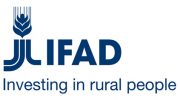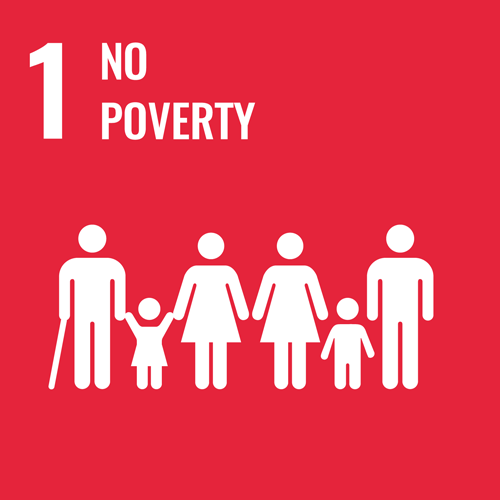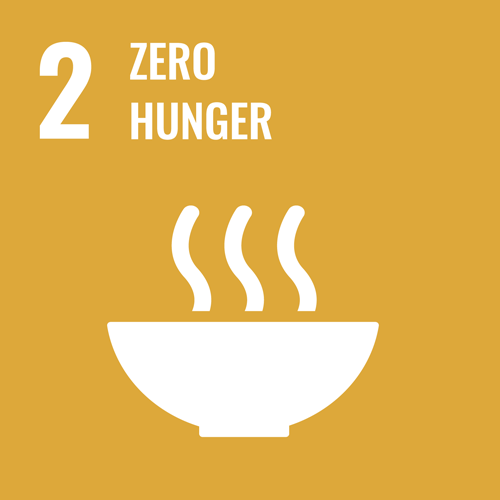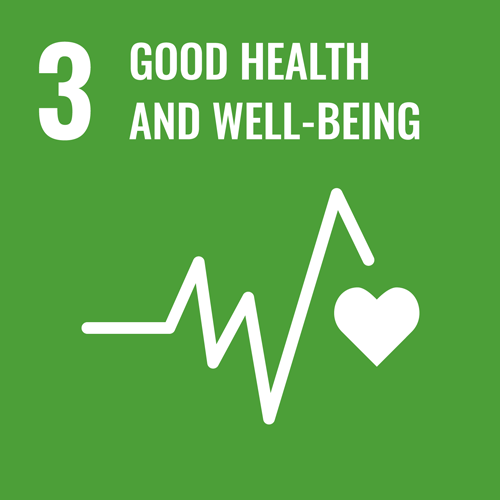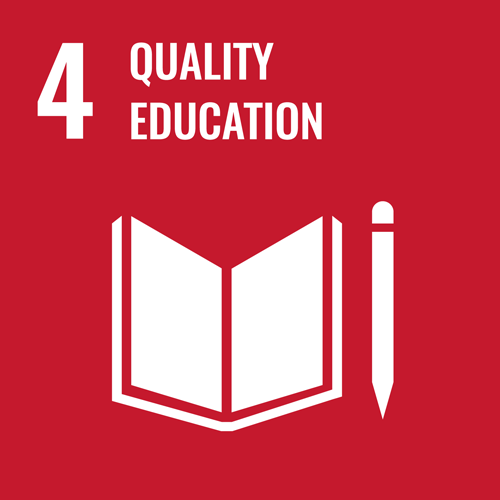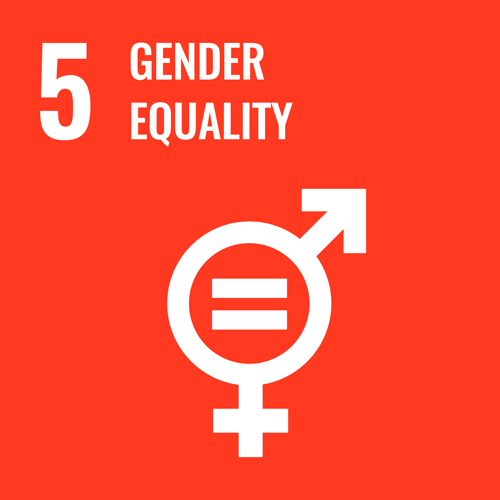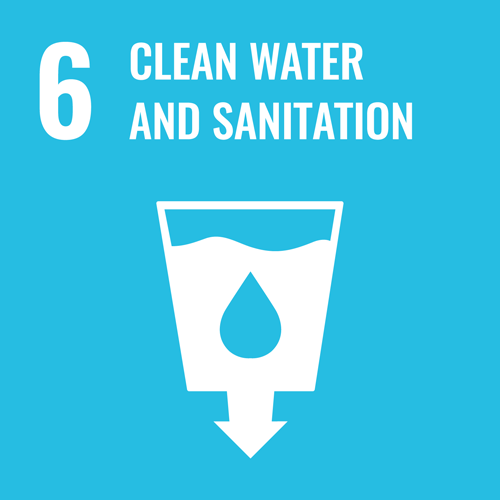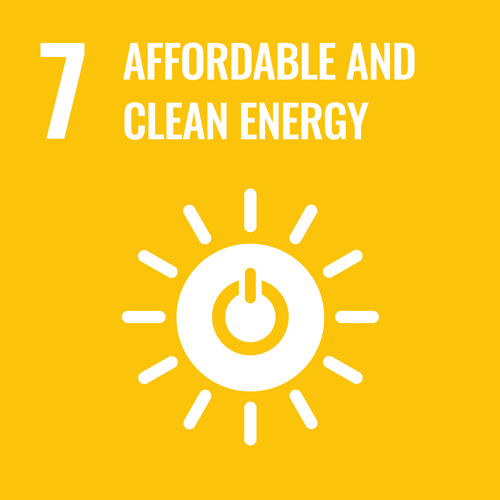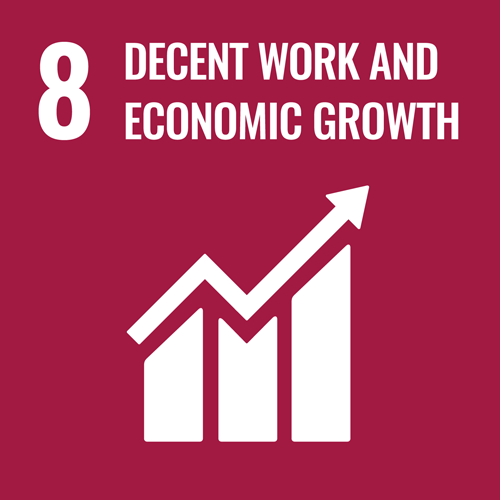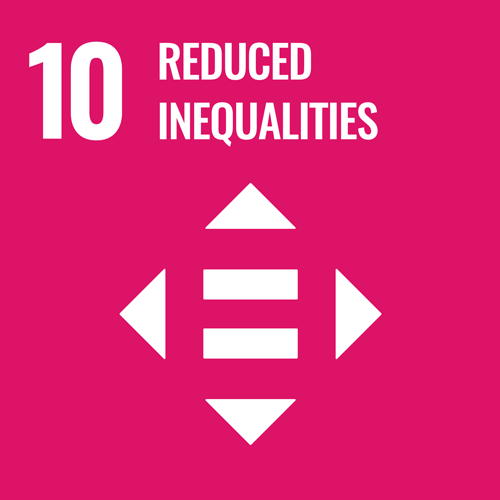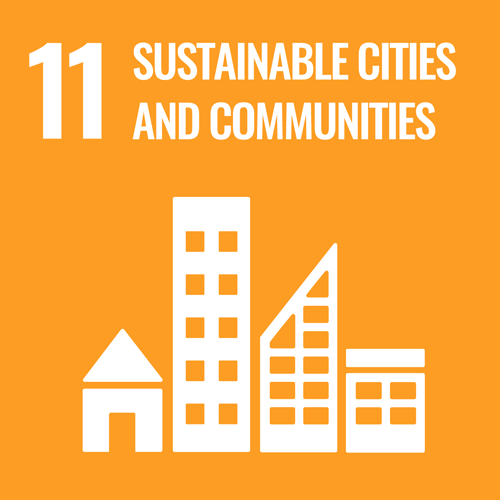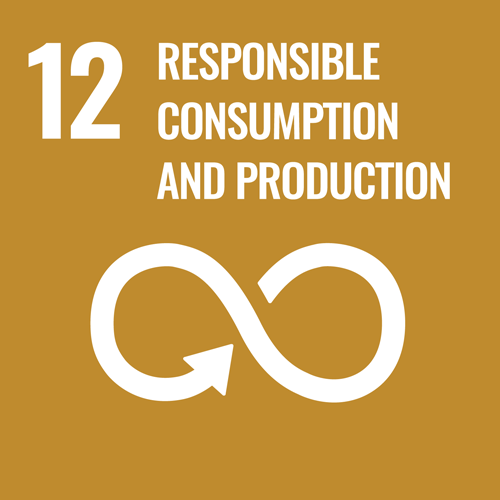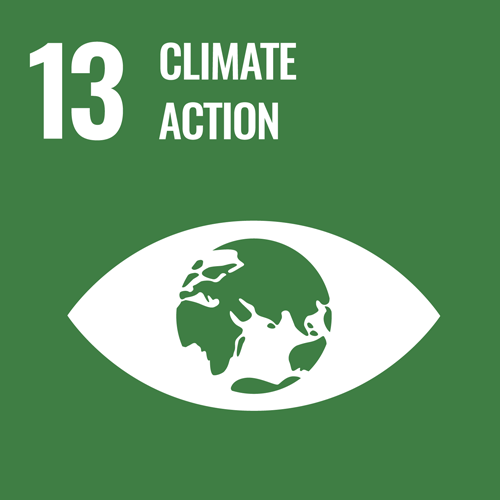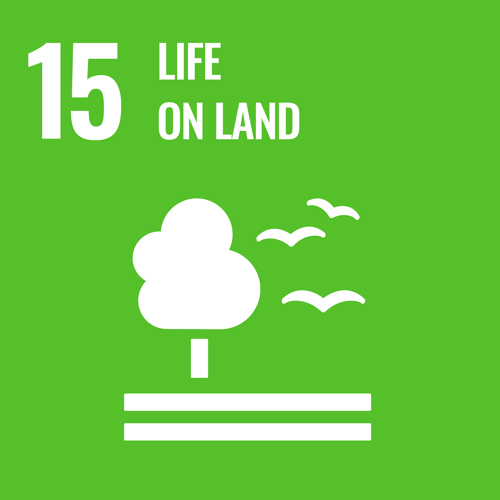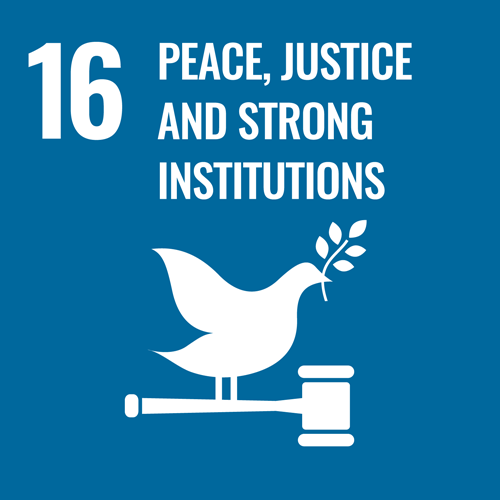
At the International Fund for Agricultural Development (IFAD) we invest in rural people, empowering them to increase their food security, improve the nutrition of their families and increase their incomes. We help them build resilience, expand their businesses and take charge of their own development.
Description of Activities on AI
Project: Athena: Leveraging Artificial Intelligence and Big Data for IFAD 2.0
The ATHENA project seeks to unlock the potential of artificial intelligence and machine learning to accelerate knowledge generation and strengthen data-driven decision-making in IFAD. The project developed an AI toolbox with three main objectives: (1) systemize IFAD’s portfolio to facilitate results measurement and institutional learning, (2) enhance knowledge management through deployment of AI/ML in IFAD ICT systems to make project results and lessons learned accessible and actionable for staff, and (3) predict performance and impact of IFAD projects to inform decision-making, optimize targeting, and maximize impact. The (AI) “tool box” contains:
- AI-based Intervention Dashboard: a searchable dashboard that classifies IFAD’s investment portfolio by project features, including interventions, outcomes, animal and plant products, among others using natural language processing (NLP);
- Lessons Learned Web App: an application to search for relevant “lessons learned” as reported in previous projects to inform new designs reports;
- Trend analyses of strategic themes: historical evidence of activities related to strategic topics, such as SDGs, food systems and ICT4D, to understand IFAD’s support and allocation of resources to different activities historically;
- Project performance prediction model: a framework for ex-ante prediction of project performance based on a set of project features to facilitate better design and early action throughout project implementation;
- Project impact prediction model: a framework to predict the probability of a positive impact of IFAD-supported interventions using impact evaluation data;
- Project targeting optimization model: framework and tool to identify beneficiary features to maximize project impact; and
- Covid-19 impact prediction model: model to predict impact of the pandemic in IFAD’s beneficiary countries.
The tools developed by the project fill a gap within IFAD and the field by aiding and simplifying IFAD reporting, especially for more complex and data hungry thematic areas (i.e. food systems); leveraging under-utilized data resources, namely textual data buried in project reports; and enabling ex-ante data driven design and decision-making by closing the gap between policymakers and project evaluation and by translating data and project insights into actionable metrics. Together, these tools not only enhance IFAD’s knowledge management but also embed learning and data-driven decision-making into existing project design and implementation processes


 Register here
Register here